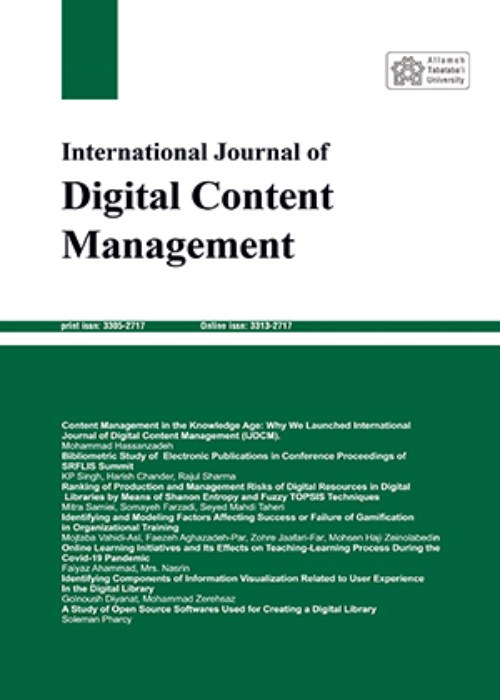The Role of Socio-economic Status in Information Seeking Behavior Based on the Knowledge Gap Theory: A Case Study of Qom University, Iran
Economic and social status play a prominent role in many human activities and their function is accentuated in the theory of the knowledge gap. According to the idea, the knowledge of the people with higher socio-economic status increases compared to those with lower socio-economic status. The purpose of this study was to determine the role of socio-economic status (based on knowledge gap theory) in the information-seeking behavior of fellow members of staff at Qom University.
The study was an applied research in terms of purpose and in terms of strategy and data collection was correlational. The population consisted of 761 university employees. Based on Cochran’s formula the sample of the study included 255 employees. A researcher-made questionnaire was used to collect data. Spearman and X2 statistical tests were applied to analyze data.
People who have a higher socio-economic status (with higher employment, income and education levels) are more motivated to search and obtain information, and there is a significant relationship between the components of individuals' socio-economic status and the type of the used information resources. Socio-economic status affects the criteria for evaluating information resources, and people with higher rate use various evaluation criteria while assessing the information. People with socio-economic status use various and different channels to obtain information, thus, there is a positive and significant relationship between the use of search engines and meta-search engines, internal and external databases, conference papers, library RSS, specialized social networks, consultation with librarians and technical blogs, and their socio-economic status.
The social and economic status explains and predicts the information-seeking behavior of the staff and the results confirmed the theory of knowledge gap. Prediction of the facilities required for searching and seeking information in organizations and making them accessible to all human resources can help provide fair access to information for the better part of society and reduce the knowledge gap.
- حق عضویت دریافتی صرف حمایت از نشریات عضو و نگهداری، تکمیل و توسعه مگیران میشود.
- پرداخت حق اشتراک و دانلود مقالات اجازه بازنشر آن در سایر رسانههای چاپی و دیجیتال را به کاربر نمیدهد.


